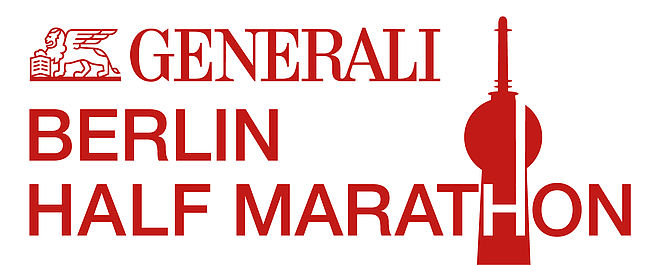When the Kenyan Josephat Kiprono won the BERLIN MARATHON in 1999 in 2:06:44,
then the third fastest time ever, his manager Gabriele Rosa stood in the finish
area and said: "If some day Paul Tergat should run the BERLIN MARATHON, he
could be capable of running a time of 2:05 or 2:04." It will be seen on
September 28th whether or not the Italian was correct in his estimation, for
Paul Tergat really will be starting at the 30th real,- BERLIN MARATHON. The
organisers had previously announced the commitment of the best Kenyan marathon
runner.
Paul Tergat was the cross-country world champion five times in a row in the
1990s. He became famous, however, mostly as the big competitor to Haile
Gebrselassie. He once stole the 10,000 world record from the Ethiopian, but at
the big finals he always came in second. He last barely lost against
Gebrselassie at the Olympic Games in Sydney in 2000. Then Paul Tergat changed
the distance. He finished his marathon debut in London in 2001 in second place.
A year later he beat Haile Gebrselassie at the London Marathon, but again he
was only second. Khalid Khannouchi (USA) won in a world record time of 2:05:38.
Since then, Paul Tergat has remained the second fastest runner over the classic
distance of 42.195 km. The world record holder of the half marathon (59:06) is
only 10 seconds short of making the record books for the marathon. But he still
has not won any of his marathon races.
His goals for September 28th are clear: victory and a world record. The 34
year old hopes to use the flat and thus very fast Berlin course to run a world
record. He is even willing to risk suffering a financial loss to do so. He
could have made much more money at the financially stronger Chicago Marathon in
October than he can in Berlin. However, Gabriele Rosa convinced his star to
start in Berlin. The manager knows that the world record is a realistic goal
for Paul Tergat in Berlin. And such a result would not only be good for his
kudos. He would also profit financially, for instance through higher appearance
monies at his next races.
Although the world record still has to be run, the real,- BERLIN MARATHON
has already broken other records before it has begun. The record number of
35,000 runners is expected at the 30th anniversary race. Registration is no
longer possible as the limit has already been reached. "With this number,
we are joining London, New York and Chicago as the largest marathons
worldwide“, says the head of the organisers, Horst Milde. For the inline
skaters, whose race will take place for the first time a day in advance of the
runners, there are still about 3000 race numbers left. The limit for them lies
at a record number of 12,000.


